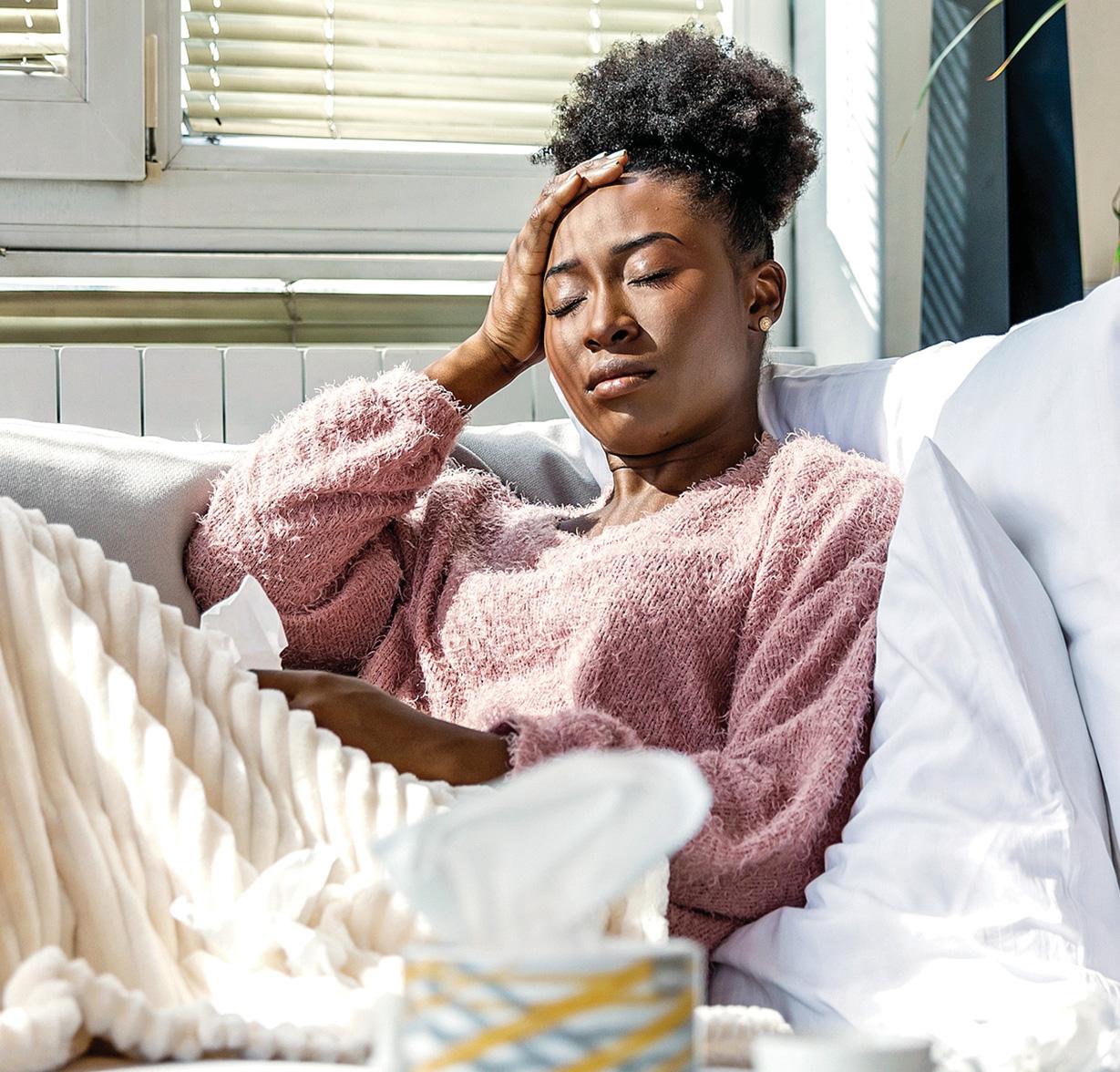While it’s been five years, the impact of the virus on our mental and physical health has been detrimental, with many still feeling the effects today.
Professor Mark Faghy, who leads Clinical Exercise Science at the University of Derby, tells us, “While we are in the post-pandemic phase now, the impact is still being realised. There are tens if not hundreds of millions of people globally who are still experiencing challenges from Covid-19, known as long Covid.
“This is an episodic and debilitating condition that can impact everyone and in many different ways. You do not need to have a serious acute infection, but issues can present in the weeks or months following the virus, and it appears that the more infections you have, [there is an] increased risk of developing longer-term issues.”
The virus “continues to adapt and change through a process called viral mutation” so there are many variants. However, Prof Faghy says, “According to data, there are currently no variants of concern, but there are strains of Omicron that are of interest and under monitoring.”
Each variant can affect everyone differently. Some people can experience very minor symptoms, while others have a lengthy battle with the virus. Prevalent symptoms to look out for are nasal congestion, runny nose, cough, diarrhoea, fatigue, fever, headache, muscle aches, loss of taste and/or smell, nausea, shortness of breath and a sore throat. Here, we look at what to do if you catch Covid-19 and how you can try to avoid it…
ISOLATE
If you test positive for Covid-19, it can be transmitted to another person for up to 10 days from when the infection starts, “although most people will no longer be infectious to others after five days,” GP and Olba spokesperson Dr Roger Henderson says. “Try to stay at home, avoid contact with other people for five days and avoid meeting people at higher risk for 10 days. This starts from the day after you test positive.”
SELF-CARE
If you’re suffering from symptoms that are manageable at home, Dr Henderson advises, “General measures to get better include getting enough rest and sleep, keeping warm, taking paracetamol and ibuprofen to lower your temperature and treat aches/pains, and drinking plenty of water. If you have a blocked nose, try using a decongestant to ease symptoms.”
image [https://cdn.magzter.com/1583506613/1741670425/articles/MeG2USrXz1741675201933/5441511715.jpg]
SEEK HELP
If you have a sore throat that lasts longer than three weeks and is accompanied by difficulty swallowing or weight loss, you should visit a doctor, Dr Henderson suggests.
He continues, “If you have a consistently high temperature, mirroring that of a cold, for more than three days and feel hot and shivery then consult your doctor. You should also contact them straight away if you feel short of breath or have chest pain.”
HYGIENE
When it comes to hygiene, th...


